Emotional Intelligence Coaching
Emotional intelligence coaching is powerful, comprehensive personal development
Our EQ coaches are not simply corporate coaches, but seasoned specialists providing in-depth EQ analysis. They reveal exactly where leaders hold themselves back and what practical skills and behaviours they most need to lead and succeed.
Emotional intelligence skills are proven to enhance performance, career potential and wellbeing. If you’re looking for highly effective professional coaching based on EQ analysis, this is the emotionally intelligent choice.
Coaching Testimonials
How Emotional Intelligence Coaching Works
We test and analyse your EQ (both overall and social) to uncover and facilitate development opportunities. Click one of the 6 key programme tabs to reveal the benefits shown as ticked with the specific underpinning EI skills, revealed in the wheel
- Personal Power
- Motivation & Achievement
- Communication & Relationships
- Resilience
- Leadership
- Effective Teams
- Raise emotional awareness
- Build self-confidence
- Improve decision-making
- Greater sense of purpose
- Raised reputation & political acumen
- Hone charisma & presentation skills
- Remove limiting beliefs
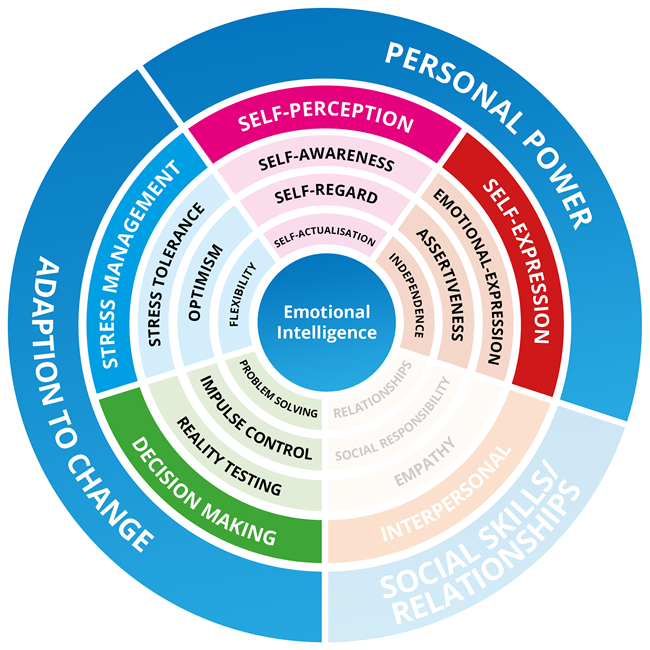
- Uncover your values
- Rediscover purpose
- Build self-motivation
- Work to strengths
- Remove blocks to success
- Prioritise & focus
- Get things done
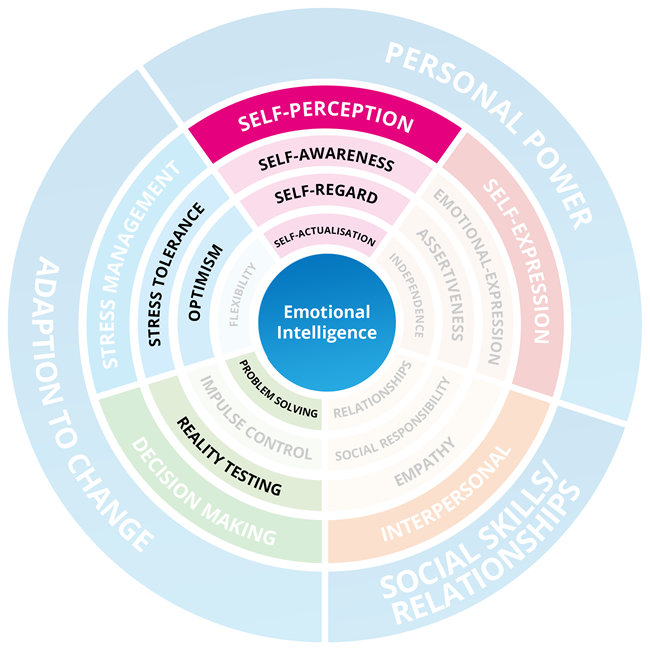
- Support & collaborate
- Actively listen & feedback
- Read people & situations
- Express yourself clearly
- Build rapport
- Mitigate conflict
- Persuade & negotiate
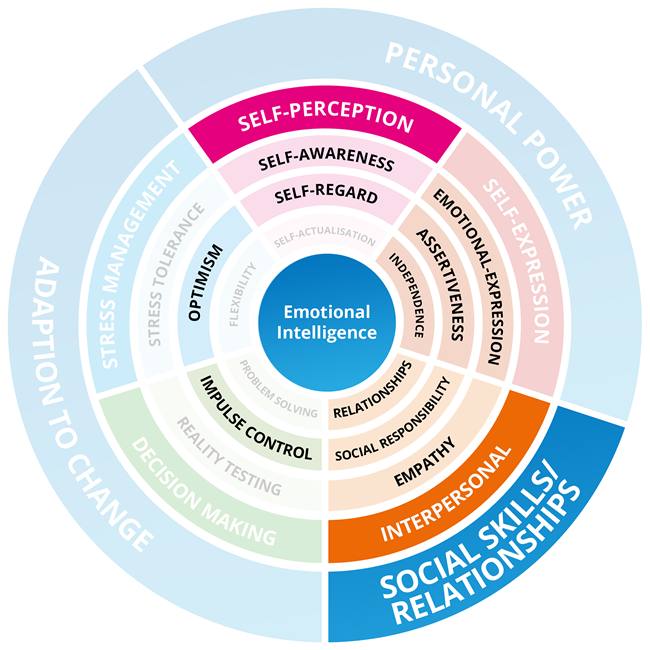
- Learn a resilience tool-kit
- Build caste-iron resilience
- Develop sense of peace & calm
- Hone coping mechanisms
- Enhance positive beliefs
- Help others thrive
- Improve wellbeing and self-care
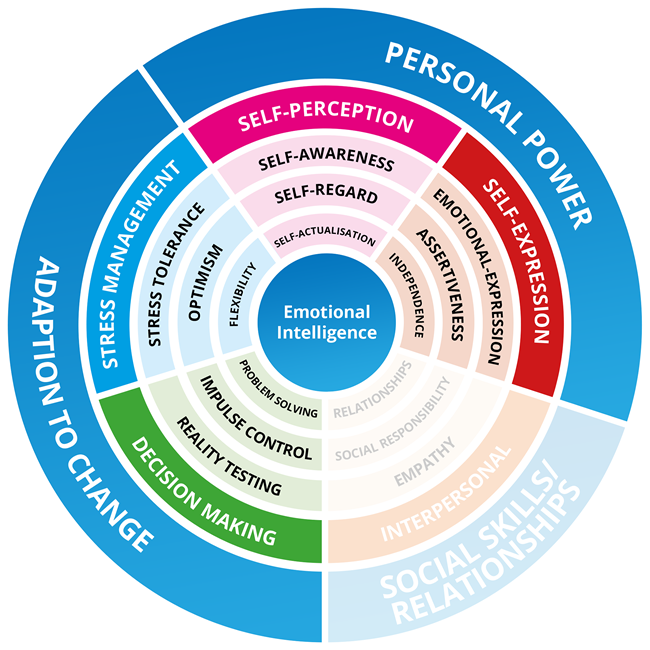
- Crystallise your leadership style
- Align goals, EQ and values
- Build trust & integrity
- Enhance communication skills
- Balance strategic & tactical
- Develop career & stakeholder plans
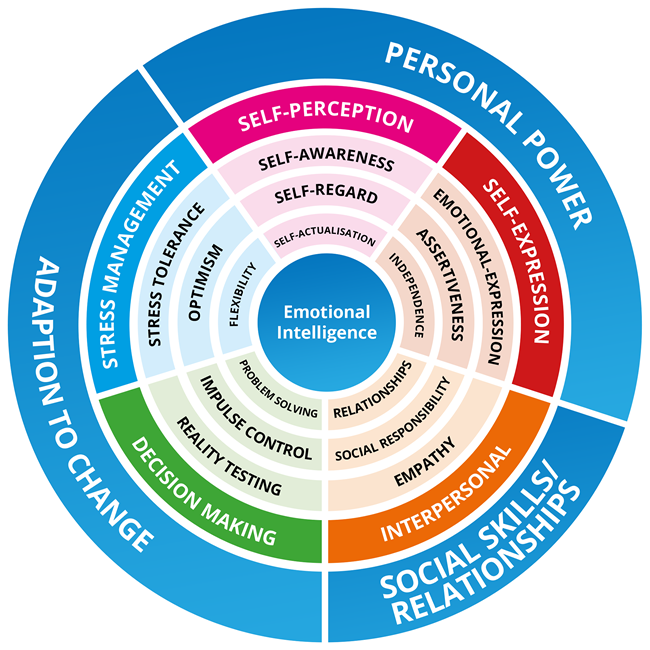
- Learn & grow team dynamics
- Uncover strengths & blocks
- Analyse team for best fit, gaps
- Align to desired competencies
- Build teams based on EQ science
- Transform cultures
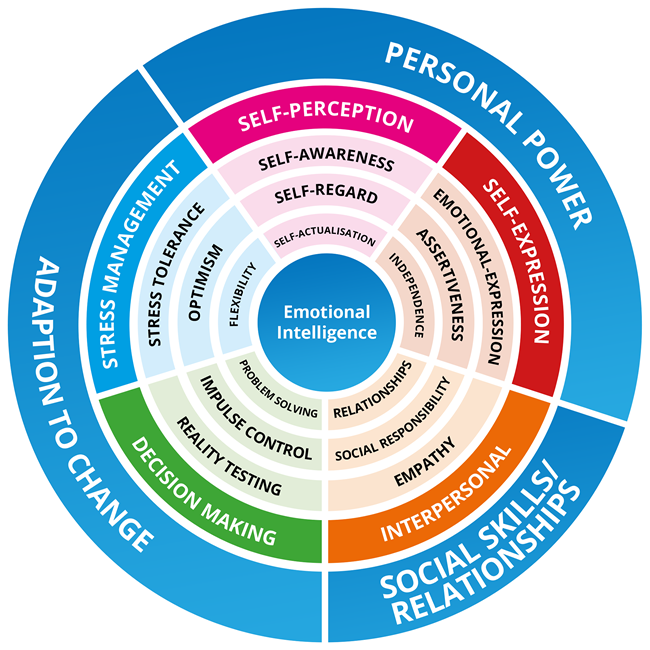
Ask About Coaching
To book Emotional Intelligence Coaching or simply find out more, please share the coaching experience and goals you’re looking for
Make an enquiry
Our Coaching Models & Approaches
Emotional intelligence coaching is fascinating and practical. It works by acknowledging the importance of emotions, our key psycho-physiological mechanism of human consciousness. Emotional intelligence coaching focuses on open questioning techniques, but unlike much executive coaching, you’ll come to realise how much power there is, beyond the words. Our emotions communicate so much more subtly and pervasively than we realise. Our coaching can look at physiology – such as facial cues and body language and help us integrate how they all work, together. Here lies the true power of human development and effective communication, building ‘integrity’ in its truest sense. An EQ coach builds positive emotional experiences for clients using coaching methodologies including but not limited to;
Emotional Intelligence – Developing the awareness, expression, management of emotions
Emotional Resilience – Building mindsets of success and ways to mitigate stress
6 Pillars of Resilience – Building your and other’s resilience
Executive Coaching – Building practical skills focused on goals and growth
Positive Psychology – Building positive perspectives and beliefs, self-motivation and wellbeing
Meditative States – Developing a practice of presence, clarity and connection encouraging peace e.g. such as mindfulness meditation
Neuro-Linguistic Programming – Learning and using tools and techniques to create positive beliefs, behaviours, and success
Read more about EQ methodologies here.
Our EQ Coaching Tools
Our coaching uses a wide range of methodologies, noted above, as well as tools dependent on the coaching situation and client. Emotional intelligence coaches not only facilitate change and success for clients directly through these techniques, but also teach the same coaching skills to clients for them to use with others to lead, succeed and engage at work. A few of the tools we use;
–EQ assessments – Revealing your detailed EQ scores and analysis are the powerful first step to change. Read more here.
–Emotional journaling – We show you how to nurture this daily practice & why it can make such a big difference during and after your coaching sessions.
–Remote-coaching – Though based in London in the United Kingdom, we use Zoom and Teams to coach and collaborate with organisations and people all over the world which adds enormous flexibility to our work.
–Psycho-physiological activities – Mindfulness, meditation, yoga, TRE are just a few of the incredibly useful mind-body techniques we discerningly recommend and use. We take great care to match approaches and tools to fit each client, as is appropriate for them.
Caution: Be wary of one-size-fits-all approaches or panaceas. We carefully match how we work to our clients’ needs. For instance due to certain clients’ emotional make-up or strong preference they may find it difficult to even contemplate meditation practices to begin with. This may simply be a bridge too far initially. Knowing this in those circumstances has proven vital for certain clients who would otherwise have struggled and potentially become disheartened with generically devised approaches. One size does not fit all.
Our Coaching Styles
Directive vs Non-Directive
Emotional Intelligence coaching works to bring out your best by fitting the coaching style to your needs. Coaching relationships are personal and can differ depending on things like needs, context and favoured way of working. For instance, you may prefer a more directive approach depending on how much and in what way you wish to be supported and encouraged. Directive coaching can feel more dynamic and push you. If learning is the key focus, however, you may prefer a less directive approach where you are encouraged more to find your own way. This may help you take maximum responsibility for your choices and success, in the long run.
The coaching style may also affect the amount and type of contact between sessions. Generally, sessions every 7-12 days work well with some email contact, feedback in between. Don’t worry though, we’ll help you strike the right balance in the first few sessions.
Things that affect coaching style
Remember also that the optimal approach will be affected by many things including your role, needs, availability, work-load, (project) time-scales, work-life balance, context of well-being, and your psychological make-up. Read more about the difference between coaching vs therapy here.
EQ Coaching Process
We guide you every step of the way so your EQ coaching experience is comprehensive, empowering and focused on what serves you most
2
Engage
We agree the perfect programme & way of working
3
Assess EQ
We test, analyse you/r team to baseline, strengthen & monitor
4
Practice
You model & build skills, positive habits, behaviours & outcomes
5
Perform
You develop, learn & grow in-line with goals & KPI’s (back to 1)
Services We Offer
Motivational Speaker
Experience an insightful and motivational speaker who inspires, educates and entertains your people
Training
Develop business-focussed skills that focus on leadership, resilience and relationships
Executive Coaching
Immerse yourself in our unique approach to develop the awareness and resources to attain goals and new skills